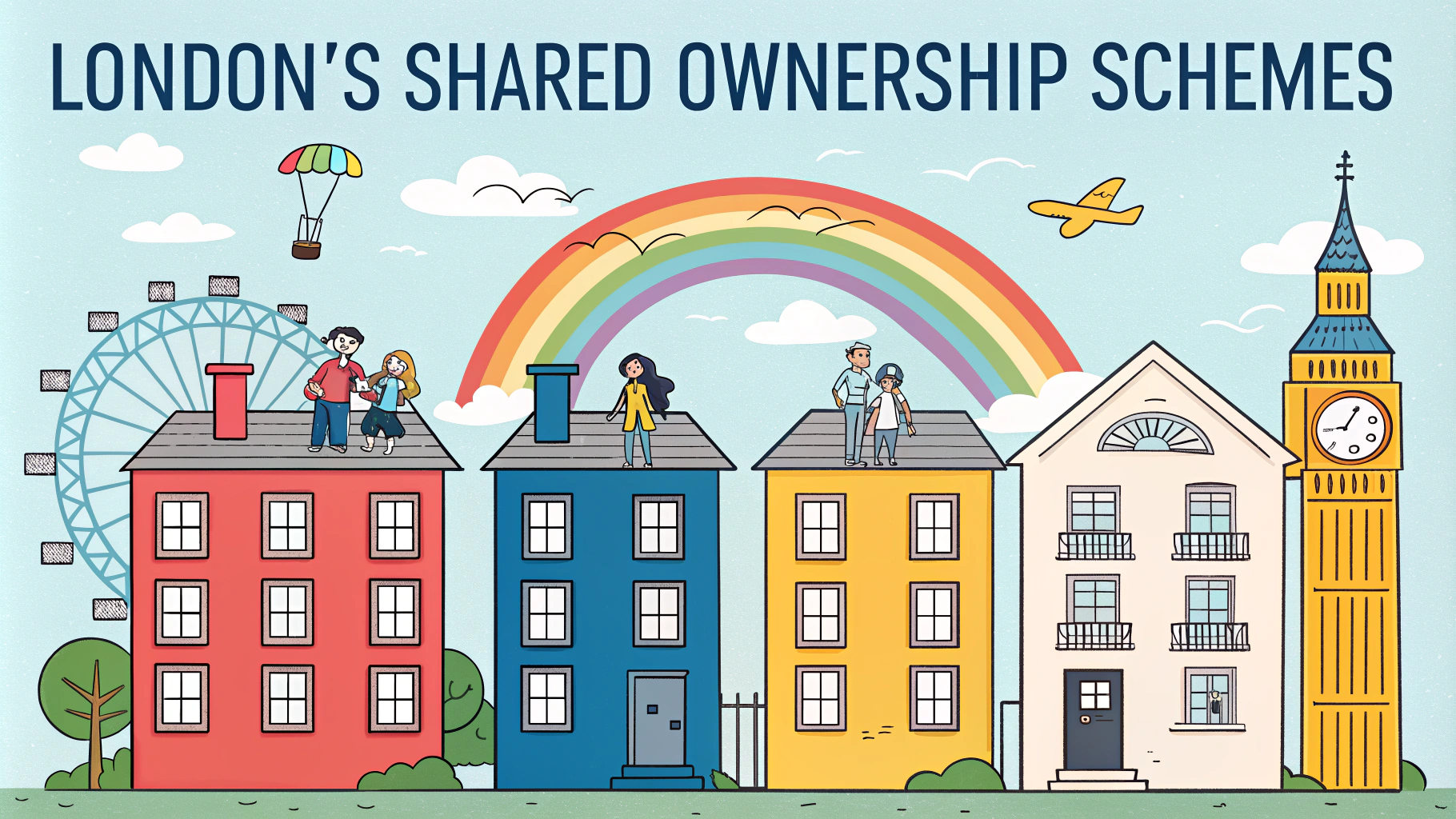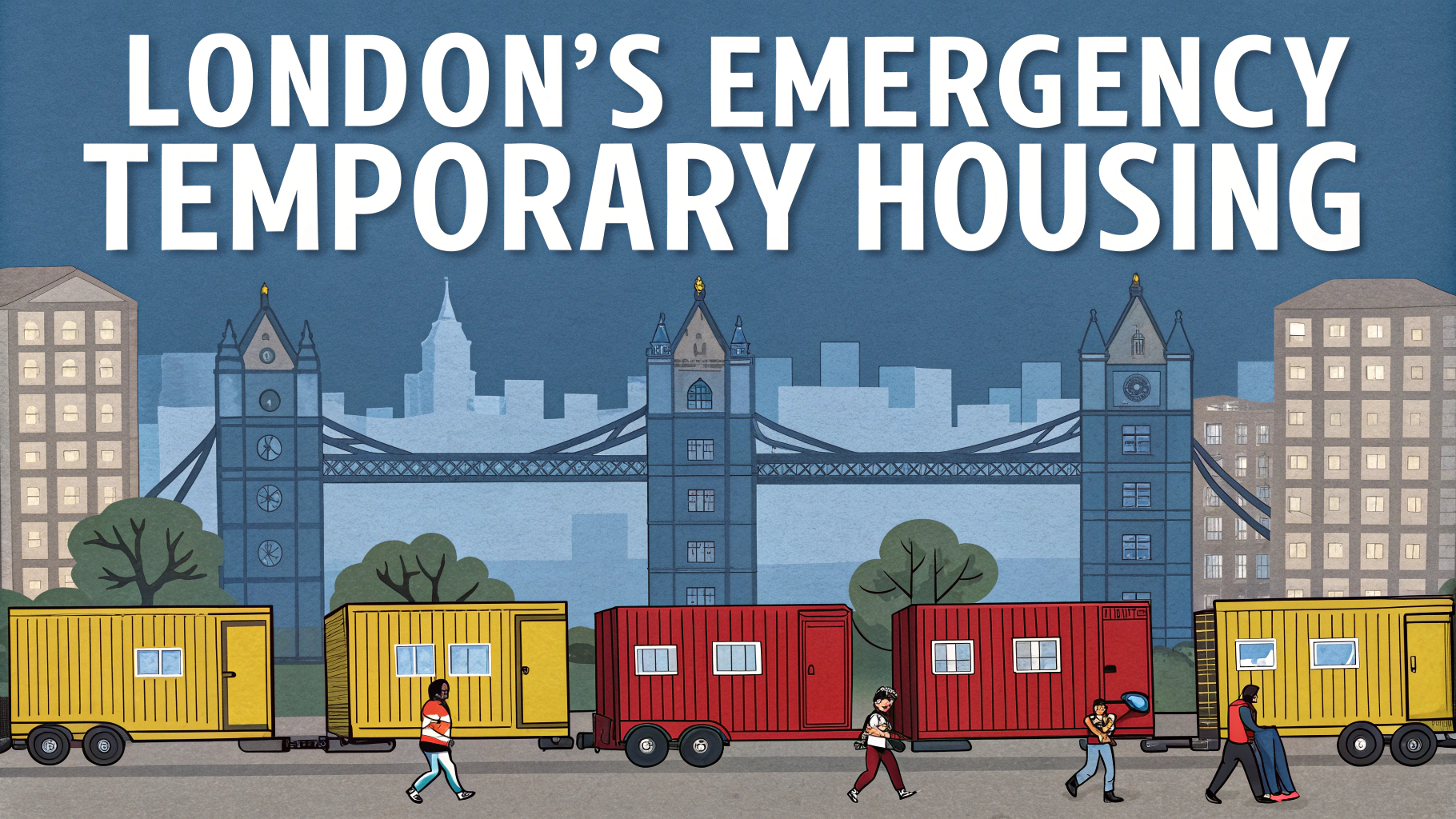Property chain breaks can be particularly challenging in London’s fast-moving real estate market, where multiple transactions are interconnected.
A break in the chain occurs when one party withdraws from their purchase or sale, affecting all other connected transactions in the sequence.
This quick guide explains how to handle chain breaks in London and offers practical solutions to prevent or resolve them.
Common Causes of Chain Breaks in London
- Mortgage offers expiring due to lengthy processes
- Survey results revealing unexpected issues
- Buyers losing their jobs or facing financial changes
- Properties being down-valued by lenders
- Sellers finding better offers (gazumping)
Preventing Chain Breaks
- Get a mortgage agreement in principle before making offers
- Consider chain-free properties when possible
- Use solicitors familiar with London property market
- Keep all documentation ready and updated
- Maintain regular communication with all parties
Solutions When Chains Break
Short-term Options
- Bridge loans (typical London rates: 0.5-1.5% per month)
- Temporary rental accommodation
- Storage facilities for belongings
Long-term Solutions
- Consider selling to cash buyers
- Look into property buying companies
- Explore rent-to-buy schemes
Professional Help Available
London-based chain repair specialists can help salvage broken chains.
| Service | Typical Cost |
|---|---|
| Chain Repair Specialist | £500-£2000 |
| Bridge Loan Arrangement | 1-2% of loan value |
| Quick Sale Companies | 15-25% below market value |
Legal Considerations
- Review all contracts carefully before signing
- Consider homebuyer protection insurance
- Keep records of all communications
- Understand your rights regarding deposits
London-Specific Resources
- London Property Ombudsman: 020 7581 3434
- Citizen’s Advice Bureau: www.citizensadvice.org.uk
- Law Society: www.lawsociety.org.uk
Moving Forward After a Chain Break
Chain breaks, while stressful, don’t mean the end of your property journey in London.
Consider keeping your property on the market while looking for chain-free buyers or exploring alternative options.
Remember to stay in touch with your estate agent and solicitor, who can alert you to new opportunities in the London market.
Handling Financial Impact
Immediate Costs
- Survey fees (typically £300-£1500 in London)
- Lost solicitor fees for incomplete transactions
- Mortgage arrangement fees
- Storage costs if needed
Recovery Strategies
- Negotiate with service providers for fee reductions
- Check insurance coverage for chain break expenses
- Consider shared temporary accommodation
- Review mortgage options with different lenders
Market Timing Considerations
- London property cycles affect chain stability
- Spring and autumn typically see more active chains
- Winter chains often involve more motivated buyers
- Consider market conditions before rejoining a chain
Communication Strategies
- Set up WhatsApp groups with all parties
- Schedule regular progress updates
- Keep estate agents informed of any changes
- Document all verbal agreements in writing
Building Resilience in Future Transactions
Success in London’s property market often comes from learning from past experiences. Consider these key takeaways:
- Build contingency plans into future transactions
- Maintain stronger financial positions when possible
- Develop relationships with reliable property professionals
- Stay informed about market conditions
- Keep flexibility in moving dates and arrangements
With proper preparation and professional support, navigating chain breaks becomes more manageable, allowing you to move forward confidently in London’s dynamic property market.
FAQs
- What exactly is a property chain break in London?
A property chain break occurs when one of the linked property transactions in a sequence of buying and selling falls through, affecting all other connected purchases and sales in the chain. - What are the most common causes of chain breaks in London?
Common causes include buyers or sellers withdrawing due to financial issues, failed mortgage applications, unfavorable survey results, gazumping, or a change in personal circumstances. - How can I prevent a chain break when moving to London?
Consider selling your property before buying, have a mortgage agreement in principle, ensure all surveys are completed early, maintain clear communication with all parties, and keep necessary funds readily available. - What’s the fastest way to recover from a chain break?
Immediately inform all parties involved, consult your solicitor, consider alternative buyers or properties, and have backup plans such as temporary accommodation if needed. - Are chain breaks more common in London than other UK cities?
Yes, London’s higher property values and more complex market conditions typically result in a higher frequency of chain breaks compared to other UK regions. - What are chain-break protection options in London?
Options include homebuyer protection insurance, using a bridge loan, working with professional house buying companies, or seeking cash buyers to minimize chain risks. - How long does it typically take to resolve a chain break in London?
Resolution times vary significantly but typically range from 2-8 weeks, depending on the complexity of the situation and the availability of alternative buyers or properties. - What additional costs might I face due to a chain break?
Potential costs include lost solicitor fees, survey costs, mortgage arrangement fees, temporary accommodation expenses, and storage costs if moving dates are delayed. - Can I sell to a cash buyer to avoid chain breaks?
Yes, selling to a cash buyer can eliminate chain risks, though you might need to accept a lower offer price in exchange for the security and speed of the transaction. - What role do estate agents play in managing chain breaks?
Estate agents coordinate communication between all parties, identify potential solutions, find alternative buyers quickly, and help renegotiate terms if necessary.








